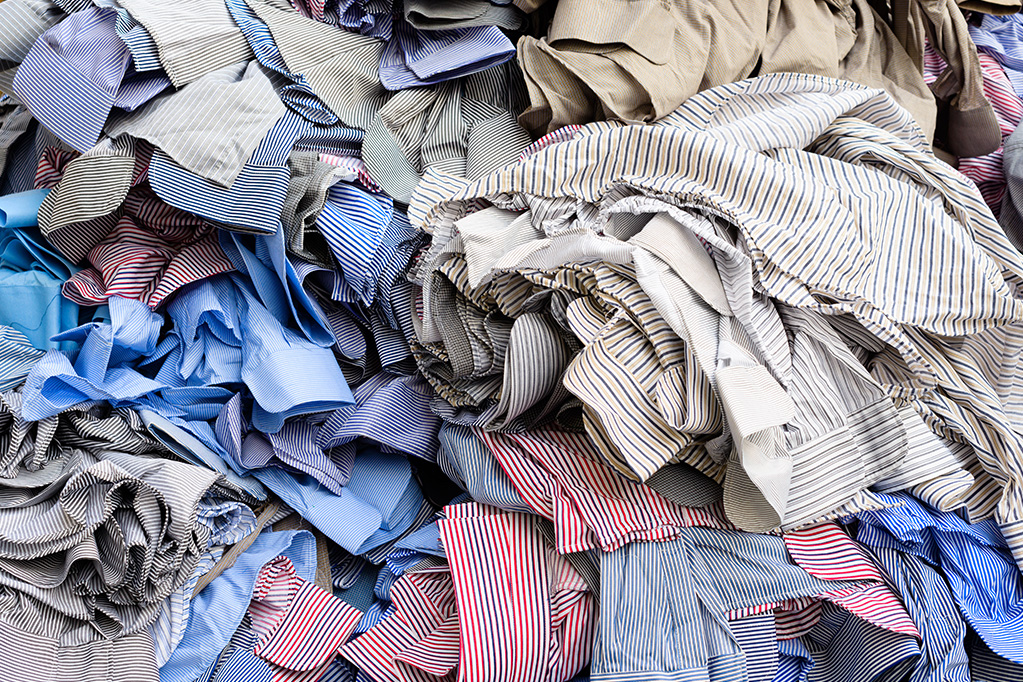Consumerism is linked to paying a certain amount for products we choose to buy as consumers. In most cases this value is pre-determined and the consumers pay a token to buy what they want. However, in recent times owing to bigger causes attracting a lot of attention, especially the environmental cause. The idea of consumerism is changing. The concept of buying what we fancy is no more known to be the best path a consumer should walk, it is today more about buying right, and investing to seek value. And that is what is getting defined as responsible consumerism.
Why is it necessary to adapt the responsible path to consumerism?
The textile waste and even our old clothes end up in landfills causing immense environmental hazards. This disrupts the balance between nature and mankind, causing us to suffer the negative effects of pollution and its linked causes. So to bring back this balance we should reduce our consumption quantitatively. This means we should decrease our cycle of consumption. This directly links to buying better quality clothes, which last for long. This also means reusing our used clothes as much as possible. However, it is necessary to embrace responsible consumerism in order to restore the environmental balance.
What should we do to embrace responsible consumerism?
- To begin with we should shop less. This is not an easy thing to do and requires a lot of practice to suppress our urge to pick up things unnecessarily. When you plan your consumption, you will end up buying exactly what you require. In doing that you will reduce the unnecessary threat of polluting the environment.
- Manage your resources. When buying something, take a look at its tag and try to know more about the production processes. It is important to know the back story and keep it in mind when buying a piece of garment. This will help you invest in a transparent supply chain and rule out the context of investing in something that has been manufactured through a dubious supply chain, exploiting resources.
- Say no to plastic. Just buying something from a slow fashion brand, which has been ethically manufactured is only doing half of your responsibility as a sensible shopper. On the other hand, when you refuse plastic carry bags at a retail outlet or say no to harmful packaging with a brand you are shopping from, you take your job as a responsible shopper a notch above.
- Shop local. As a responsible consumer, your task is to empower the local supply chain and look into the welfare of the ecosystem closer to home. This is your responsibility too, along with working towards reducing or putting a check on pollution and resource tampering. So, invest in local brands to boost their ethical supply chain and manufacturing process and in turn, help your local economy to flourish.
- Empower others to follow you. Just being responsible on your own is not enough. Practice what you preach and encourage others to join the movement. With the amount of chaos, we have already done to the environment, it will take a lot of effort to turn things around. So, each one should encourage others to make responsible consumerism a cause worth attending to in order to make a big difference.
Adapting the 4Rs: Reduce, reuse, recycle, repair
The principle of 4Rs is a big way to embrace responsible consumerism and this should be the motto to follow if we want the earth to feel normal once again. This strategy is easy to follow, provided we are ready to break it down and simplify it as per our requirements and shopping pattern. Reduce simply means identifying and shopping for things we absolutely need. The more we reduce consumption, the lesser likely we are to create any undue pressure on the environment. Further, we should recycle wherever an opportunity arises and reuse a product once its first life cycle has ended. In order to do this, we may have to repair the condition of the product. But, all that is worth it as it gives back an almost new product which finds a new usage as compared to investing in something new.
When you take to responsible consumerism, then product traceability also becomes much simpler as you adapt to circularity and that helps you trace the sources of your raw materials with ease. This makes the brands and the entire retail ecosystem more conscious of what they put on the shelf. Alternatively, what you buy helps to directly empower a supply chain that is filled with real humans and not machines. Moreover, when you buy locally by tracing the origin of the product, you encourage a company that has ethically abided by workers’ rights and workplace standards in the creation, cultivation, production, treatment, transformation, storage, and other processes meant for garment production.
Taking a step towards responsible consumerism is thus, not just about shopping right, but shopping to make it stand up to the cause of the environment and the greater good!



